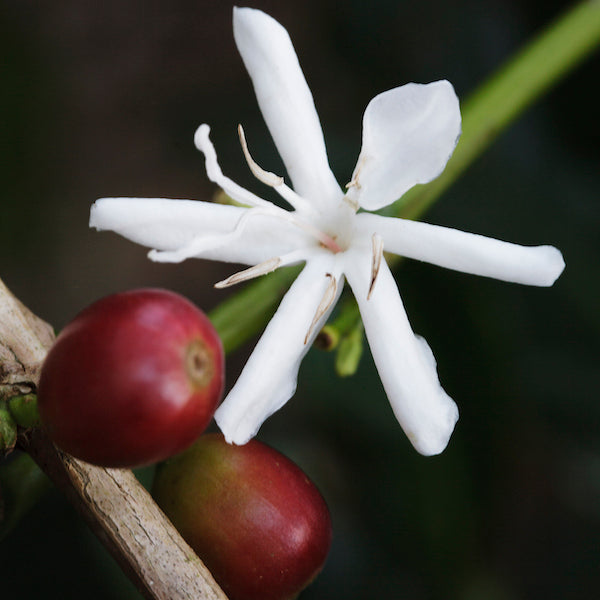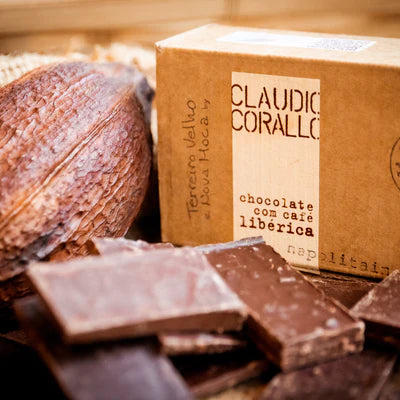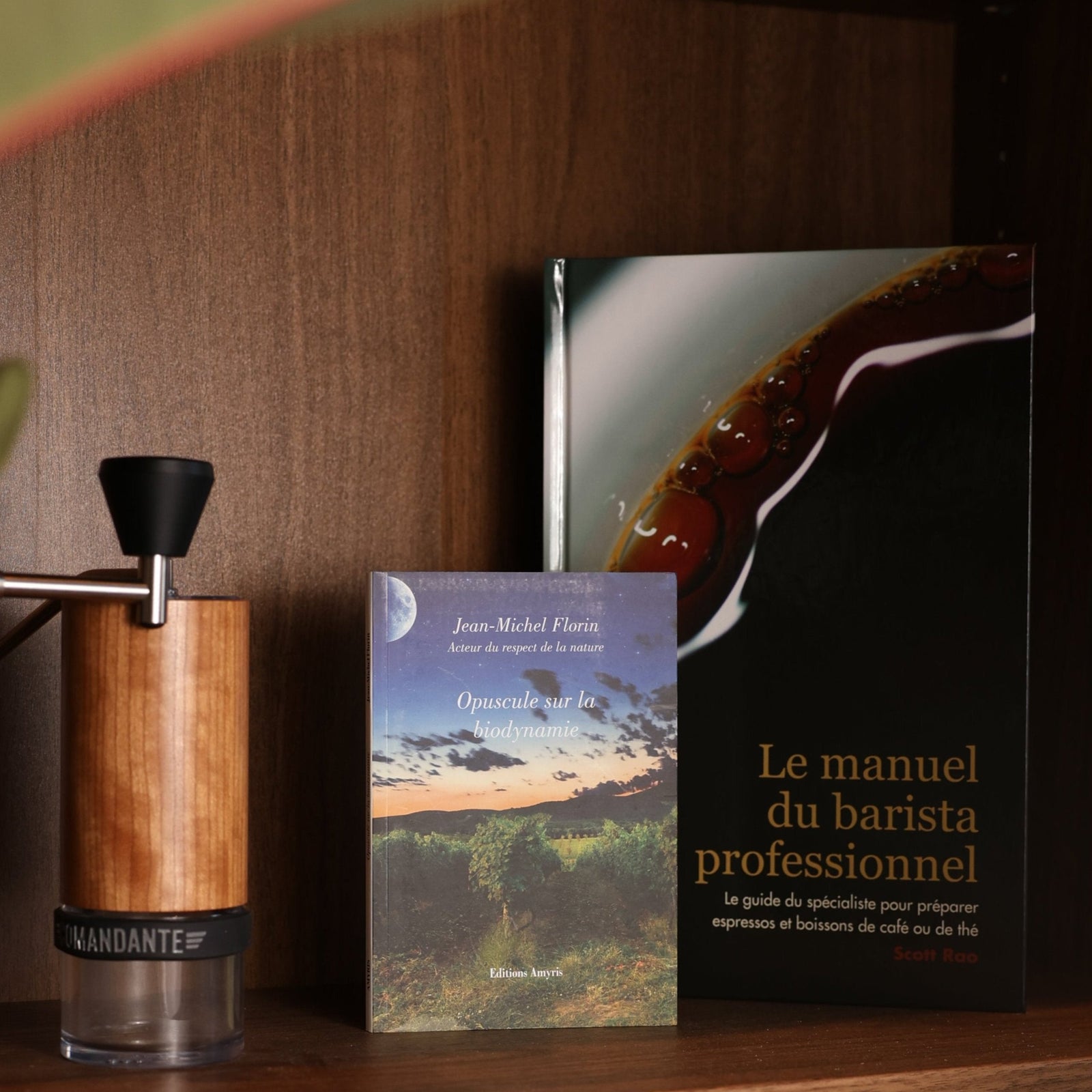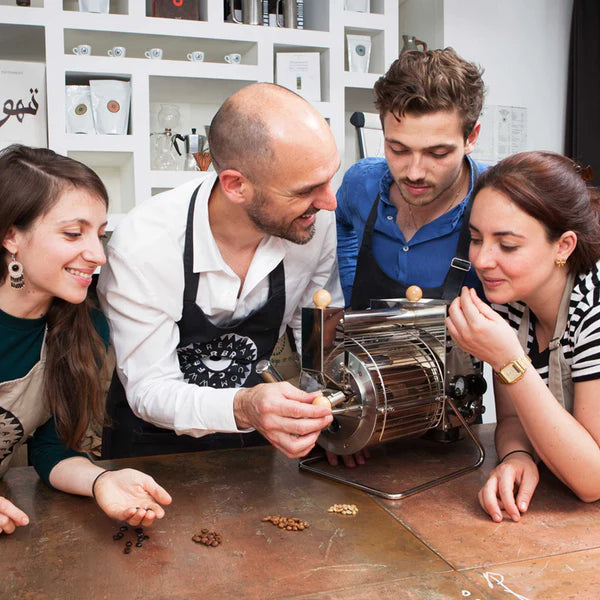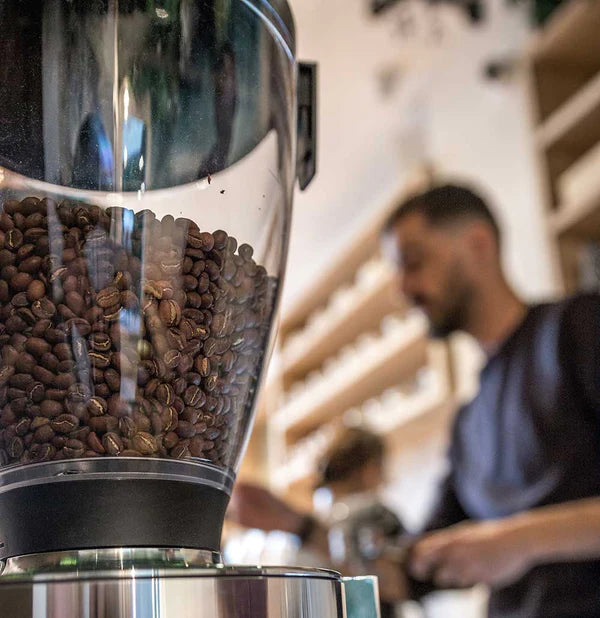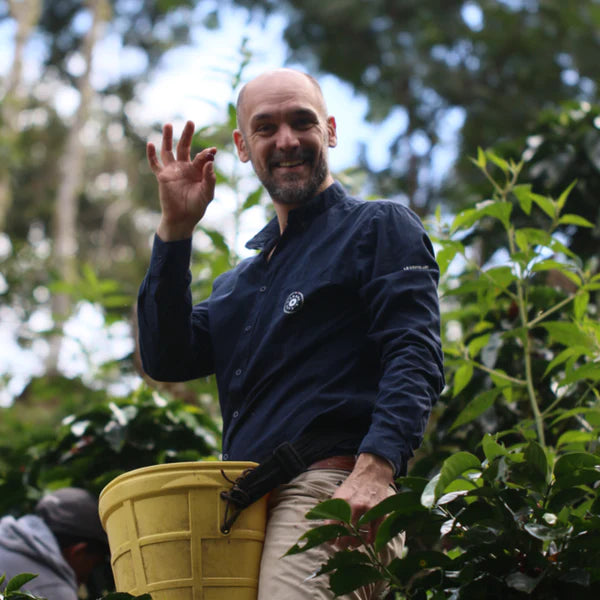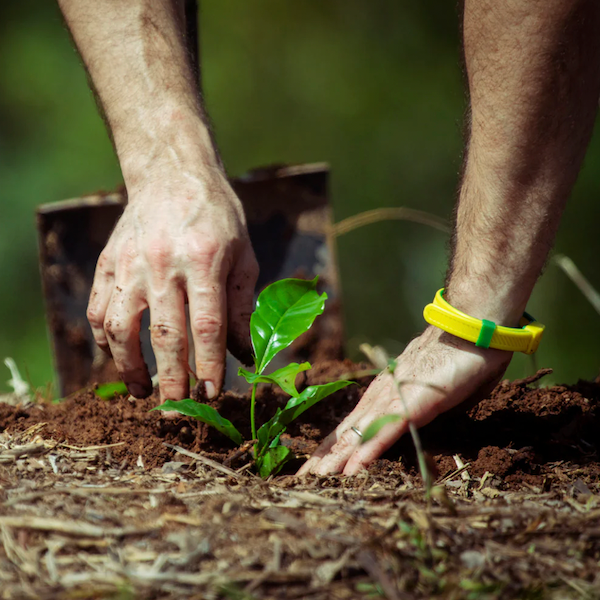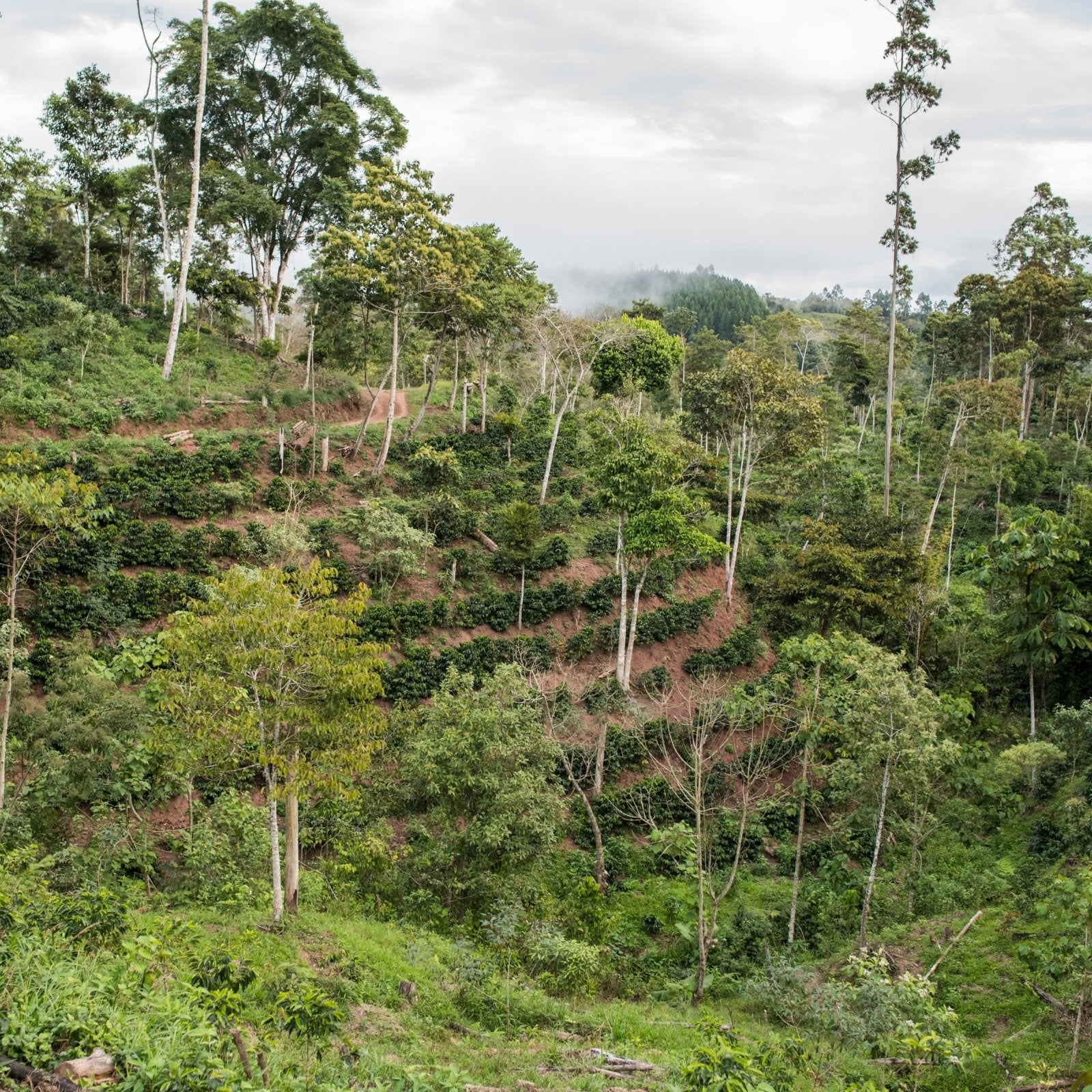More and more coffee drinkers are choosing organic coffee, as you can see by consulting our guide to everything about organic coffee.
Although the market share of organic coffee is still a minority, it is growing year by year, driven by many producers around the world, certification bodies and health-conscious consumers who prefer to eliminate the risk of tasting pesticides in their cup of coffee.
Choosing to consume organic ground or bean coffee is therefore a fair act, which favors producers and sales networks that respect the environment. It also allows local workers to make a better living from their agricultural work, while ensuring that they drink quality coffee. However, faced with the immensity of the available offer, it can be natural to wonder how to choose your organic coffee.
We therefore propose an overview of the elements and criteria to be taken into consideration in order to make the best choices.

Criteria for selecting a quality organic coffee
Whether it is organic or not, coffee is always made from an Arabica or Robusta variety or a blend of the two. Arabica coffee is known for its rich and varied aromas and flavors, while robusta, produced and sold at a lower price, is richer in caffeine, with a more bitter and full-bodied taste.
Coffee lovers generally prefer Arabica coffees or blends in which the Arabica is more present than the Robusta, in order to benefit from a well-balanced coffee offering beautiful and fine aromatic notes, between acidity and bitterness. The first advice to choose your organic coffee, and thus discover all the richness of the flavors that can be found in your cup, is therefore to focus on an organic coffee of Arabica origin or a blend with a dominant Arabica content.
Among the criteria to take into account when choosing organic coffee, we must also mention the labels and certifications. Many critics point out the difficulty of trusting organic labels from all over the world, without being sure that they reflect the reality of the field and the production methods. It is true that specifications may be unclear and that fraud may exist, but this is not a sufficient reason to dismiss the entire organic coffee sector.
In any case, a certified organic or Demeter (biodynamic agriculture) coffee will always be a much more reassuring product as to the possibility or not of finding an unreasonable amount of pesticides in the coffee beans.
Organic coffee beans
For coffee specialists, coffee beans are undoubtedly the ideal solution for not losing any of the flavours and aromas of each bean. Indeed, coffee beans, after the roasting stage, are much better preserved than ground beans. Coffee beans are less subject to the effects of oxidation and loss of freshness when they are whole, unlike ground coffee.
Choosing organic coffee beans allows you to grind them at the last moment, just before preparing them with a coffee maker or an espresso machine. This way, the maximum aromatic potential of a coffee can be revealed in the cup that has just been prepared. To grind your coffee yourself, you can use a grinder or a mill, as our grandparents did when they didn't have access to pre-ground coffee. Nowadays, the famous coffee grinder is still available in manual version, but also in electric version.
The second alternative to consume coffee beans is to use a coffee machine equipped with a grinder. All you have to do is put the necessary amount of coffee beans in the machine and it will take care of everything, from grinding to percolation, thanks to the passage of hot water. No other intervention is necessary, except to get your cup and enjoy an incomparable drink, as long as it is made from a quality organic coffee bean.
As a reminder, the quality of an organic coffee can be determined from various elements that appear on its packaging: label(s), roasting method(s) (always prefer artisanal roasting) and roasting date. The more recent the roasting, the better the preservation of the beans' aromas.
It is also important to refer to the region of the world in which the beans are grown and produced. The main organic coffee producing countries are
- Peru and Mexico for Central and Latin America;
- Ethiopia for Africa;
- Nepal;
- East Timor.
By choosing an organic coffee from one of these producing countries, consumers are guaranteed to support an agriculture that is committed to a responsible, ecological and ethically fairer type of production.
The selection of organic ground coffee
Ground coffee is a practical and versatile solution: it can be used with any type of coffee maker or coffee machine. However, as we have just mentioned, ground coffee needs to be preserved toavoid oxidation, which inevitably alters its aromas and flavours when in contact with air.
Ideally, a package of ground coffee, once opened, should be kept in an airtight box, protected from air and light. This advice also applies to ground coffee in pods or capsules, which can be used with compatible coffee machines.
To choose your organic ground coffee, it is a good idea to look carefully at the packaging. In addition to its composition (Arabica or Robusta), its geographical origin, the date and method of roasting, it is sometimes possible to find the date of grinding, which gives an indication of its freshness and, therefore, its aromatic potential.

Choosing organic coffee for an espresso machine
An espresso machine allows you to choose between using ground coffee or coffee beans, as long as it is equipped with a grinder, which is usually the case.
Logically, the experts recommend coffee beans for reasons of freshness and better conservation, which we have detailed above. However, for those who prefer to choose organic ground espresso coffee, it is essential to remember that the fineness of the grind is important in the preparation of coffee.
This is why, if the information is available, it is preferable to choose organic coffee sold in the espresso category, which allows you to find ground coffee with the ideal size. Indeed, the particularity of an espresso machine, compared to a filter coffee maker, is that it works better with a slightly granular grind, which agglomerates into a small ball when pressed between the fingers.
What to remember...
The following criteria are used to determine the quality of an organic coffee, regardless of the type of packaging:
- the presence of a label certifying organic or dynamic agriculture;
- the country of origin of the coffee beans to know its dominant flavor;
- indication of the variety or composition of the blend;
- the date and method of roasting ;
- the date of grinding for ground coffee.
With all these elements in mind, all that remains is to make your choices and discover the richness and variety of the world of organic coffee.
We recommend these other pages:




